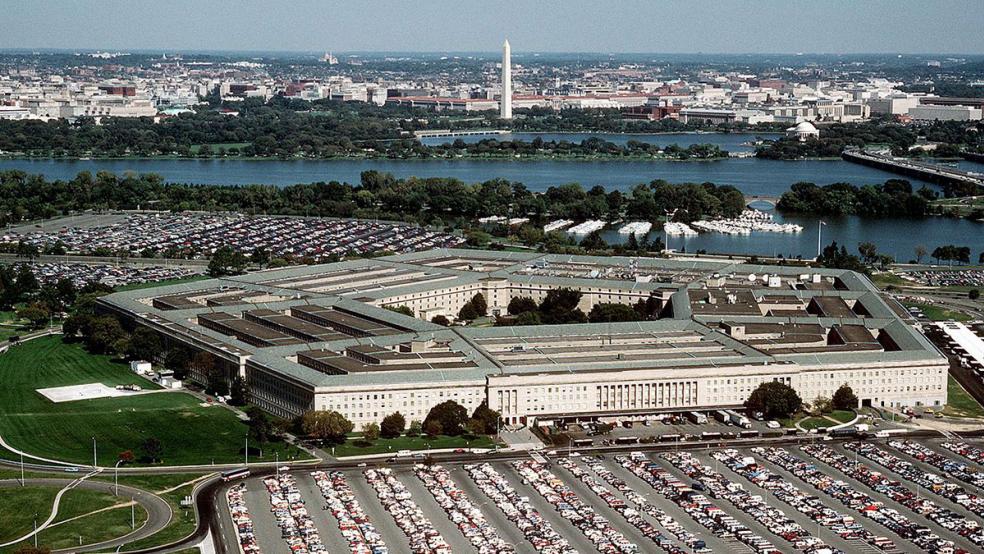The Senate Armed Services Committee approved on Wednesday the National Defense Authorization Act (NDAA), the annual bill that defines the budget and key policies for the Pentagon. Though the full details have not yet been released, the committee set a topline number of $740.5 billion for 2021 while including some controversial policy prescriptions.
Here’s what we know so far from the committee’s 19-page summary:
Budget breakdown: The bill authorizes $636.4 billion for the base Pentagon budget and $69 billion for the overseas war-fighting account. In addition, it provides $25.9 billion for defense-related activities at the Department of Energy, and $9.1 billion for “defense related activities outside NDAA jurisdiction.”
A larger military: The bill prohibits the Air Force from shrinking and renews calls for a significantly larger Navy. It authorizes the Defense Department to spend $9.1 billion for 95 F-35 Joint Strike Fighters, 14 more than requested by the Trump administration, while preventing the Air Force from retiring A-10 Warthog ground-attack jets and some F-15 fighters stationed in Europe. It also delays the retirements of KC-10 and KC-135 tankers until their replacement is ready.
The bill would authorize $21.3 billion for Navy shipbuilding, $1.4 billion more than requested by the White House. And it affirms the national policy of building a fleet with “not fewer than 355 battle force ships” – a target Navy leaders have been backing away from in recent months.
The bill also authorizes a slight increase in the size of the Army, to 485,000 soldiers, up from the 475,000 and 480,000 troop level it has sustained over the last year.
Potentially controversial amendments: The bill comes at a time of growing tensions between President Trump and his top military leaders, and some of its provisions could further destabilize the relationship between the White House and the Pentagon. The committee approved an amendment from Sen. Tim Kaine (D-VA) that would prevent the military from deploying active-duty troops against protesters. In a statement, Kaine said that the amendment “was something I would never have thought I needed to do until last week: prevent the use of military force against peaceful protesters.”
The committee also approved a provision that would require the Pentagon to change the name of military bases named after Confederate commanders. "If we're going to have bases throughout the United States, I think it should be with the names of individuals who fought for our country," Republican Sen. Mike Rounds of South Dakota said Thursday. "This is the right time for it. And I think it sends the right message."
The White House has signaled that it will veto the NDAA if the final version contains any such a language. In a tweet, President Trump said his “Administration will not even consider the renaming of these Magnificent and Fabled Military Installations. Our history as the Greatest Nation in the World will not be tampered with. Respect our Military!”
What’s next: Just the first step in a complicated annual process, the bill will head to the Senate floor for debate and a likely vote. The House will write its own NDAA, which then has to be reconciled with the Senate’s version. Both chambers must then pass an appropriations bill that provides the funds for defense spending – a separate and sometimes lengthy process that could drag well into the fall.




